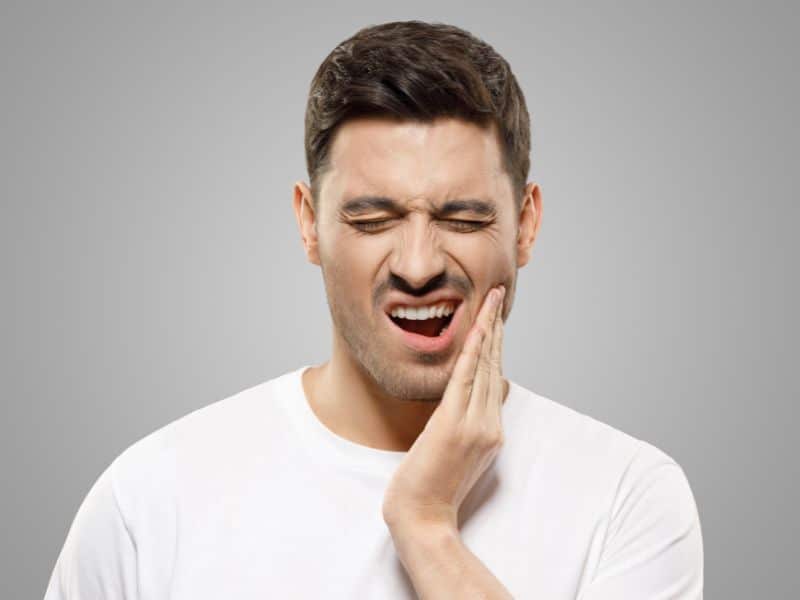Neck pain can stem from several sources. Did you know that your jaw could be one of those sources?
The neck and jaw are intricately connected, so it’s not surprising that pain in one area can travel to the other. Issues related to the jaw can be the underlying cause of neck pain. Experts say that up to 70% of neck problems may be related to temporomandibular joint dysfunction.
At Virgin Islands Neurology, we have helped many find the source of their neck pain, even if it originates from their jaw. Schedule an appointment at our office in the U.S. Virgin Islands today to get the relief you’re looking for!

Your temporomandibular joint (TMJ) connects your lower jaw bone (mandible) to your temporal bone (located at the base of your skull near your ear). Your TMJ, along with several muscles, gives your mandible the ability to move up and down, side to side, and forward and back.
When everything is correctly aligned, the movement will be fluid and natural. These movements include chewing, talking, yawning, and swallowing.
However, when these structures are no longer aligned, they will not move well together, and this can cause several problems.
TMJ disorders are conditions of the jaw muscles, temporomandibular joints, and nerves that can cause dysfunction within your jaw joint and chronic facial pain. If any part of this complex system of muscles, bones, and joints isn’t working properly, it could lead to a temporomandibular disorder.
While the exact causes of TMJ disorders are not always clear, they can often occur due to:

Symptoms of TMJ include:
Your temporomandibular joints connect your lower jawbone to your skull. Since the muscles in your neck are connected to your jaw joint, any muscle tension that starts in your TMJ can extend to your neck. This can result in spasms, aches, tension, and reduced flexibility in your neck.
To identify if your jaw is causing pain in your neck, your specialists will ask you if you have a history of jaw pain when you chew or open your mouth. Additionally, they will ask if you have heard any clicking, popping, or grinding sounds when you open and close your mouth.
They will also perform a physical exam to determine if you have any pain when you open or close your mouth, as well as any noises associated with TMJ. Imaging tests, such as X-rays or an MRI, may be requested so that they can get a diagnostic view.
A TMJ disorder is often diagnosed during your dental checkup. However, if your TMJ pain is causing other issues, such as unmanageable headaches or pain in your neck, your dentist can coordinate treatment with your neurologist to bring you some relief.
Your treatment will depend on several factors, including your age, health, the symptoms you are experiencing, and their severity.
Your treatment to relieve pain may include the following:
If your pain persists, your specialist may also recommend:
If your TMJ is the cause of your neck pain, your specialist can work with your dentist to provide additional relief. For example, a dental bite guard (occlusal splint) can help you relax your jaw muscles and reduce teeth grinding and persistent pain.
Your TMJ can cause you to feel pain in your neck. The good news is that our highly trained specialists at Virgin Islands Neurology can help relieve your jaw and neck pain.
Schedule an appointment at our office in the U.S. Virgin Islands today! Our specialists are ready to give you the quality care that you deserve!

Schedule an Appointment
Address
Hours